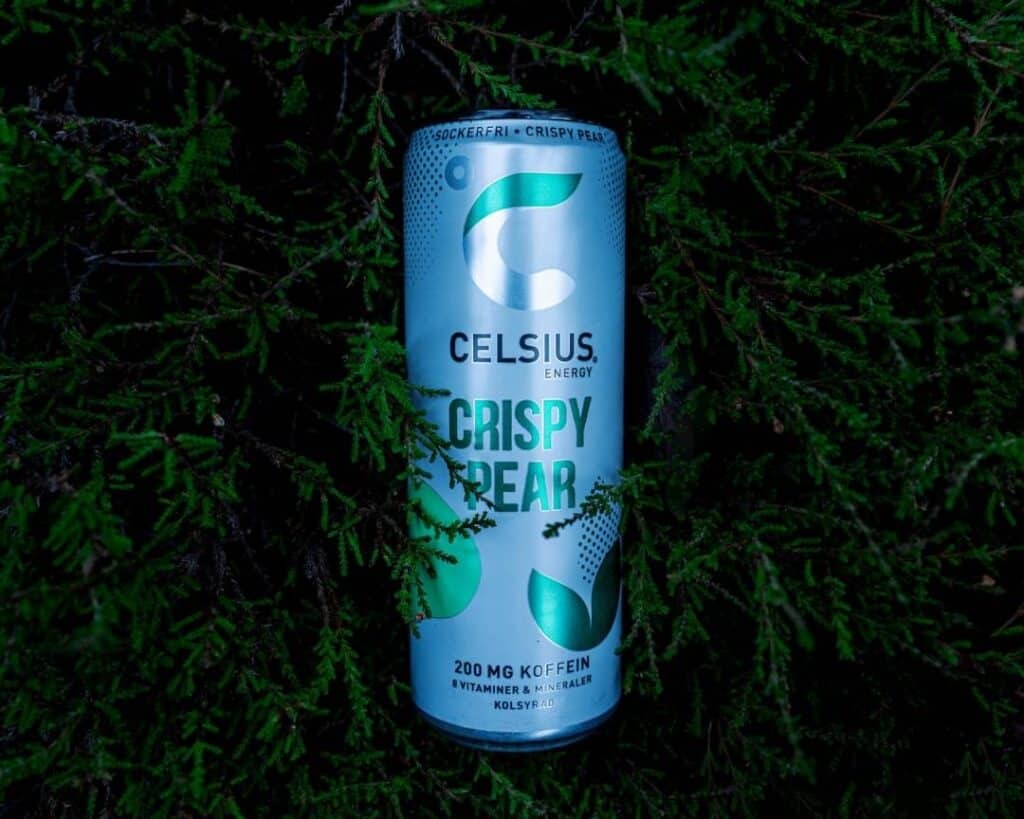Celsius energy drinks have gained popularity, but concerns about their potential negative effects persist. This article delves into the ingredients, caffeine content, and potential health risks of Celsius, providing a dietitian’s perspective on whether they are truly bad for you.
Decoding the Celsius Ingredient List
Celsius boasts a complex ingredient list, including green tea extract, guarana seed extract, caffeine, taurine, glucuronolactone, ginger extract, and various B vitamins. While some components like green tea extract offer antioxidant benefits due to EGCG, the energy boost primarily comes from caffeine, a stimulant that doesn’t provide actual energy in the form of calories. Guarana extract, also containing caffeine, lacks extensive research regarding its long-term safety and efficacy.
Celsius and Caffeine: How Much is Too Much?
Celsius drinks contain varying amounts of caffeine, ranging from 100-300mg per serving. The original Celsius drink packs 200mg, significantly more than a standard cup of coffee (around 95mg). While Celsius contains no added sugar, it utilizes artificial sweeteners like sucralose or stevia. This high caffeine content raises concerns for individuals sensitive to stimulants, potentially leading to shakiness, headaches, rapid heart rate, and anxiety.
Examining Celsius Health Claims: Fact or Fiction?
Celsius claims to “accelerate metabolism” and “burn body fat.” Limited research suggests Celsius might slightly boost metabolism and exercise performance. However, these studies are often small and funded by the company itself. Caffeine, a key ingredient, is known to enhance athletic performance and pain tolerance temporarily. It’s crucial to remember that a single drink won’t drastically alter overall health. A holistic approach encompassing diet, exercise, stress management, and sleep is essential.
Potential Risks and Considerations
For most healthy adults, moderate Celsius consumption is likely safe. However, its high caffeine content warrants caution, especially for those with heart conditions or caffeine sensitivity. Pregnant or nursing women, and individuals under 18, should avoid Celsius. Before incorporating Celsius or any supplement into your routine, consulting a doctor is advisable, particularly if you have underlying health issues.
The Proprietary Blend Problem: Dosage Transparency
Celsius utilizes a “proprietary blend,” meaning the exact amount of each ingredient remains undisclosed. This lack of transparency hinders accurate assessment of the drink’s safety and effectiveness. While certain ingredients may offer potential benefits, their actual impact remains uncertain without knowing the precise dosage.
The Cost Factor: Is Celsius Worth the Price?
Celsius can be expensive, costing around $2 per can. Daily consumption could amount to over $700 annually. More affordable and healthier alternatives exist for supporting overall well-being.
The Celsius Lawsuit: Labeling Controversy
Celsius faced a lawsuit over its “preservative-free” claim while containing citric acid, a preservative. Celsius argued citric acid served as a flavor enhancer. While citric acid is generally safe, this case highlights marketing practices that can mislead consumers.
Conclusion: No Quick Fixes, Just Informed Choices
Celsius is not a magic bullet for weight loss or improved health. While moderate consumption might be acceptable for some adults, its high caffeine content, proprietary blend, cost, and marketing controversies warrant careful consideration. Prioritizing a balanced lifestyle with nutritious food, regular exercise, and adequate sleep remains paramount. If you choose to drink Celsius, do so in moderation and with realistic expectations, understanding it’s just one piece of a larger health puzzle.

